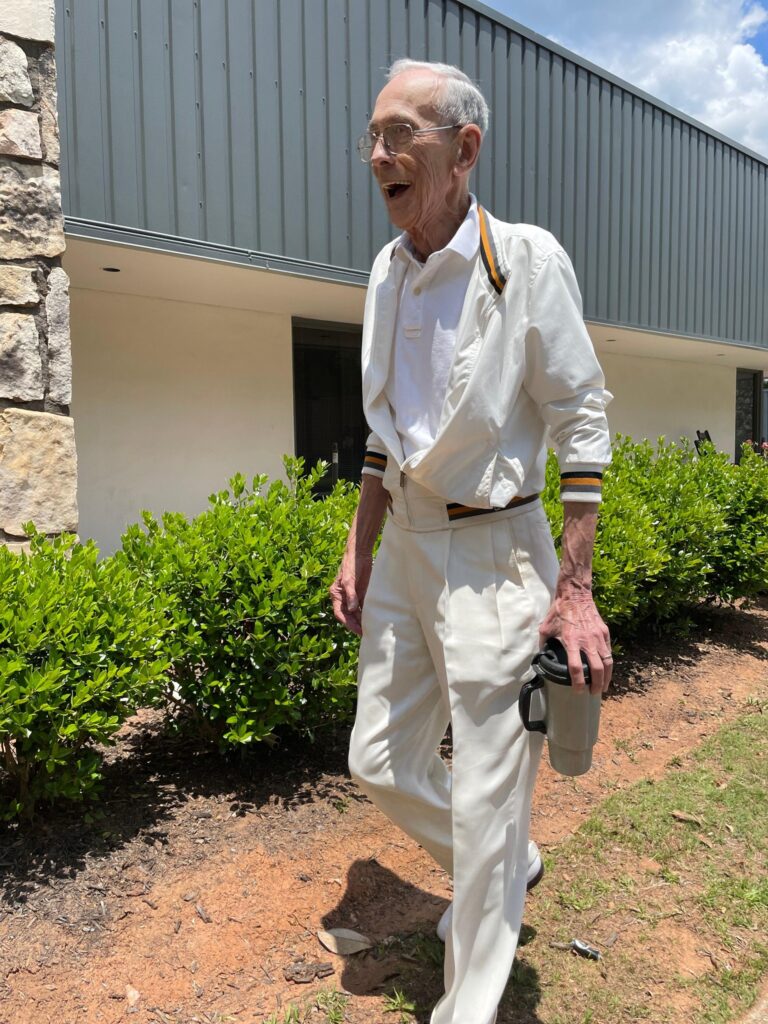How to Address Trauma by our own Licenced Therapist, Erica Welsh, LPC
Erica Welsh is an Associate Professional Counselor and Associate Marriage and Family Therapist. She specializes in family counseling, meaning she approaches clients with context, looking into how their family, childhood, and other factors have shaped them. She currently works as a part-time family counselor at MARR’s Men’s Center and runs her own private practice.
One of the things we’re proud to offer our clients at MARR is treatment from a holistic perspective. That means addressing more than the substance addiction that brought them here and looking at their underlying trauma. Many, if not all, treatment centers claim to treat trauma to some degree, but MARR is different. We don’t claim to heal your trauma in thirty days. We won’t tell you that you’ll be free from all of the symptoms when you leave our program. Why? Because true trauma healing takes time.
We offer a long-term theory-based approach to treating trauma while clients are in our care. We don’t ignore the impact it has on our clients, but we know that rushing the process is in many cases more detrimental and doesn’t lead to long-lasting, sustainable results. So, what does that mean for you or your loved one coming into treatment? We focus heavily on the first phase of trauma treatment, as outlined by Judith Herman in her book Trauma and Recovery, which is safety and stabilization. Successful completion of our program is a client having the skills to assess and create safety with themselves and with others, and having stability with their behaviors when activated by a trigger.
Trauma is what I like to call anything that happens too much, too fast. It disrupts a person’s sense of safety with themselves and the world around them resulting in physical, emotional, and relational consequences. These “consequences” can be observed as a myriad of symptoms that we assess throughout their time at MARR. These symptoms are created from a lack of trust and safety, which we know comes from their lived experiences and environments throughout their life. This is why a big part of our goal throughout our 3-phase treatment program is to therapeutically support them to move out of survival mode and into a more grounded and connected experience with themselves, our staff, and the therapeutic community around them.
This process of healing can be started by walking many paths, but due to the relational component that is built into MARR’S structure, it is impossible for our clients to not be invited into authentic and emotionally reparative relationships.
We pride ourselves on how client-focused our staff is at MARR. We WANT a real relationship with our clients. We genuinely care about them, laugh with them, and walk through every aspect of life with them. Though we might not get to a point where we are talking about the details of the most traumatic parts of our client’s lives, we are establishing new options for them in how they can experience what it is like to trust others with vulnerable emotions and how it feels to expect to be cared for by the people you are close to.
And though we offer a safe place to land for clients, we also know that all relationships have difficult moments and can be sources of pain big and small. No relationship is free from misunderstandings, disappointments, and other challenges. Because our clients will feel and be activated by these moments with each other and staff, it allows for our clinical staff to connect our goal of developing competency for establishing safety and stabilization to the client’s day-to-day triggers. Clients are taught regulation skills in groups as well as in their individual counseling sessions, specifically introducing the language and concept of “window of tolerance” (Dan Seigal). A critical part of being a substance abuse program is working towards the goal of maintaining sobriety and safety throughout triggers that often have varying degrees of intensity. I personally use my training in EMDR and Sensorimotor Psychotherapy to inform how I introduce these concepts to clients and how I guide them through practicing these critical skills.
Another foundational aspect of our program is that we sit down with our clients and facilitate a one-on-one genogram session. We do this with them because looking at their family history and seeing the overarching narrative of who they come from, what has happened to their families, what traumatic instances occurred to other people in their family, etc. often gives clients context of how they got to this point in their life and helps to redirect the questions of “what’s wrong with me?” to “what happened to me?” This often allows for an authentic connection and appreciation of why they feel the way they do and an opportunity to see that perhaps the traumatic moments they lived through were not their fault. This is essential before moving to phase two of trauma treatment (Judith Herman) – feelings of grief and mourning.
I once had a supervisor tell me, “with all traumatic events, there is an element of grief and loss.” Traumatic events disrupt and take from things we need to feel safe and cared for in the world. Because we lose people, a sense of safety, resources, hope, and more, there is a natural transition into that grieving after we have resolved the current unhelpful behaviors and coping skills that we first used and needed in order to adapt to overwhelming events in our life. For many clients at MARR, it is common and responsible to stay in phase one of practicing their stabilization skills – and that’s OKAY. It’s setting them up to move into phase two of grieving in a healthy way that will more than likely end up with them experiencing lasting healing. Our goal is to have our clients live in life-long recovery, and through this approach to trauma, we believe that is truly possible.
If interested in learning more about MARR, the first step is a phone call or message to our Clinical Assessment Team. Our licensed and certified clinicians are available for a confidential and complimentary conversation about the next steps you can take to get help. Call us at (678) 736-8694, or you can reach out via the chatbox.



